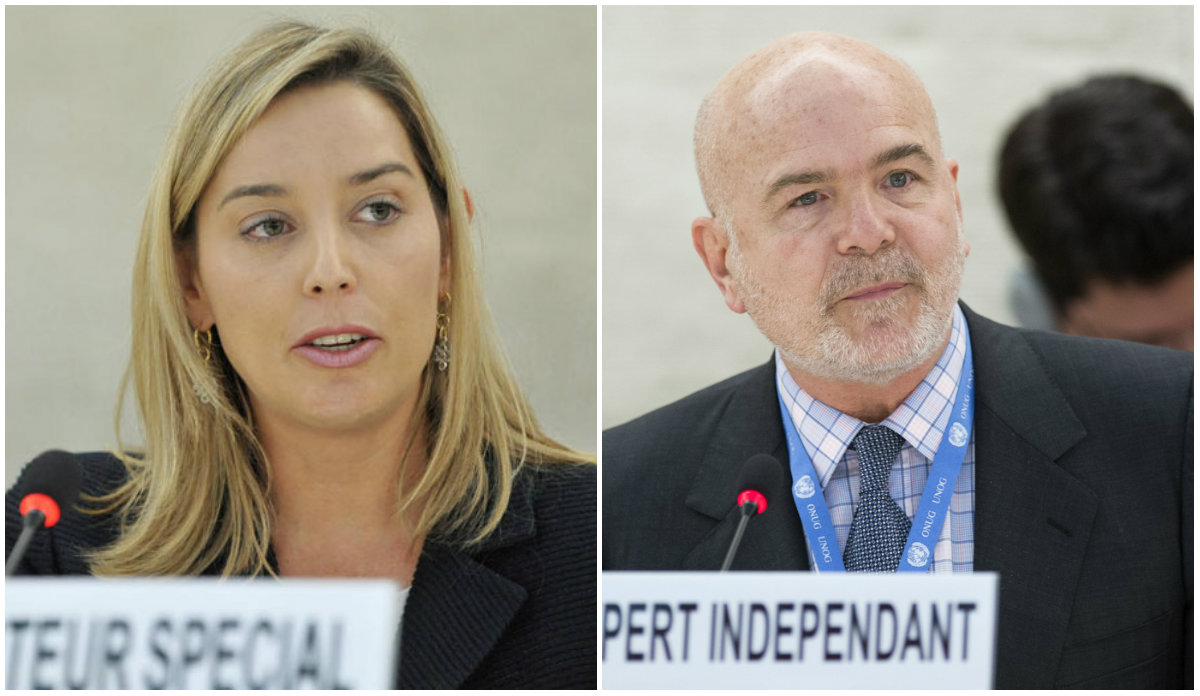A Supreme Court judgment that bars the human rights watchdog from communicating with foreign organization without oversight “clearly stresses” the commission’s independence, the Maldivian foreign ministry has said.
The 11-point guideline issued by the apex court, in a ruling that also found the a human rights assessment submitted by the watchdog to the UN unlawful, simply prescribes how the Human Rights Commission of the Maldives should operate within the law, the ministry said.
UN rights experts, the main opposition Maldivian Democratic Party (MDP) and civil society groups have denounced the guideline as one that restricts the HRCM’s work and its right to share information freely with the UN.
But the foreign ministry said the guidelines “do no stipulate, in any specific terms, any restriction or limitation on the HRCM’s ability to submit reports to the UN or any other national or international organ in the future.”
The guideline was issued under controversial suomoto regulations that allow the Supreme Court to prosecute and pass judgment.
Point 7 of the guideline orders the commission to ensure “full cooperation” from other state institutions, while point 8 says the HRCM must communicate with foreign bodies according to procedures set by the state and through the relevant state institution.
Zeid Ra’ad Al Hussein, the UN high commissioner for human rights, said the verdict was “completely unacceptable.” The guideline is “yet another example of the judiciary undermining human rights protection in the Maldives,” he said.
The UN Special Rapporteurs on independence of judges and lawyers, Gabriela Knaul, and on the situation of human rights defenders, Michel Forst described the verdict as “an act of reprisal.”
The charges relate to a report the HRCM had submitted to the Universal Periodic Review, a process that studies the human rights record of all 193 UN member states with the aim of supporting and expanding the protection of human rights.
In the report, the HRCM had said the Supreme Court controlled and influenced the lower courts to the detriment of the Maldivian judiciary.
The apex court said the report was biased and undermined judicial independence and the Maldives constitution.
Defending the Supreme Court, the foreign ministry today said: “To suggest that the Supreme Court has, in this case, deliberately sought to curtail the activities of the HRCM, as a state institution appears to be a mischaracterization, in that the substance of the suomoto case is not concerned with the substance of the report prepared for the UPR, but issues concerning the compilation of that report.”
The Supreme Court judges, in fact, did take issue with the substance of the report, and also censured the HRCM for basing its assessment of the judiciary on reports written by Knaul, the International Commission of Jurists and advocacy group Transparency Maldives.
Then- Chief Justice Ahmed Faiz, in September last year, suggested the HRCM should not cite Knaul as the judiciary had rejected her 2013 report on the judiciary.
The Supreme Court verdict, delivered eight months after the charges were first pressed, comes as the parliament prepares to appoint three new members to the HRCM as the five-year terms of three members are due to expire in August and September.
President Abdulla Yameen has nominated a former ruling party MP, the wife of a current ruling party MP and a senior official at the gender ministry for the soon to be vacant seats.
The government has meanwhile hired a law firm owned by Cherie Blair, the wife of UK’s former prime minister Tony Blair, to “strengthen the legislative framework of the government.” Omnia Strategy also specializes in public relations.

